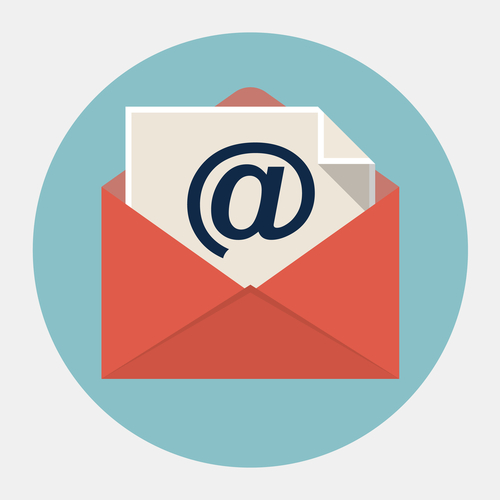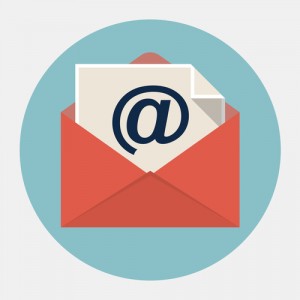Can you imagine the world without emails?
Arguably, email is the most mature and widely-used interactive marketing tool in use today. Forrester Research surveyed over 250 interactive U.S. marketers to get a pulse on how they currently employ this marketing tactic. They’ve concluded that subject line is cardinal to email marketing in bringing success. If you cannot persuade your reader to open your email, then you aren’t reaching anywhere. Eyeball on these tips to make your subject line work:
Spam phrases: Neither your subject line should be empty nor words like Free, Reminder, Sale, Click Here, Act Now, Order Now, Guaranteed, Opportunity, Subscribe, Percent Off, Help, winner of, etc., should be used. Remember to check your spellings without relying solely on spell-checks.
KISS (Keep It Short and Sweet): Do not write too big or too short subject lines; cut-off can be 50 characters or less. A descriptive subject line always helps the reader to know as to why reader should open your mail. Do not repeat words.
No CAPS: Writing everything in CAPS indicates that you are shouting at the reader. Just follow the sentence casing. Avoid capitalizing each word.
Emphasize: Do not overuse quotes or exclamatory marks; instead emphasize the words. Use exclamatory marks at the end of the line singularly, if required.
Increase credibility: Adding current date can establish the credibility of your email subject line. Be polite to your readers. Write the key factor of your mail in the subject line. You can include the recipient’s name or place. Keep it relevant to the message. ‘How to’ is a great way to get your mail opened, providing you give them your solution in your message. Give some news or make a compelling offer (but remember your spam rules).
Innovate: You can experiment with humorous phrases and concepts like a good joke or a riddle. Use new and refreshing themes or concepts. Observe what others are doing but do not follow. Track your own path.
Check for 4 “U” list in your subject line:
- Useful: Is the message of any value to the reader?
- Ultra-specific: Does the reader know what you are promising?
- Unique: Is the message promising and remarkable?
- Urgent: Does the reader feel the need to read it now?
Ask yourself six questions before you start to write your Email subject line:
- Does your subject offer the reader a reward for reading? Will they benefit?
- Can you include specifics to make the email subject more intriguing, believable, and credible?
- Will your subject trigger a strong (positive), actionable emotion for the reader?
- Will your subject topic immediately resonate with your prospect?
- Could your email subject benefit from the inclusion of a proposed transaction?
- Could you add an element of intrigue to drive the prospect into your opening copy?
Most of the people forget that it is not how clever the email subject is, but how much it appeals to the reader. Appeal to your audiences’ current interests, needs, and challenges and your email is sure to be opened.





